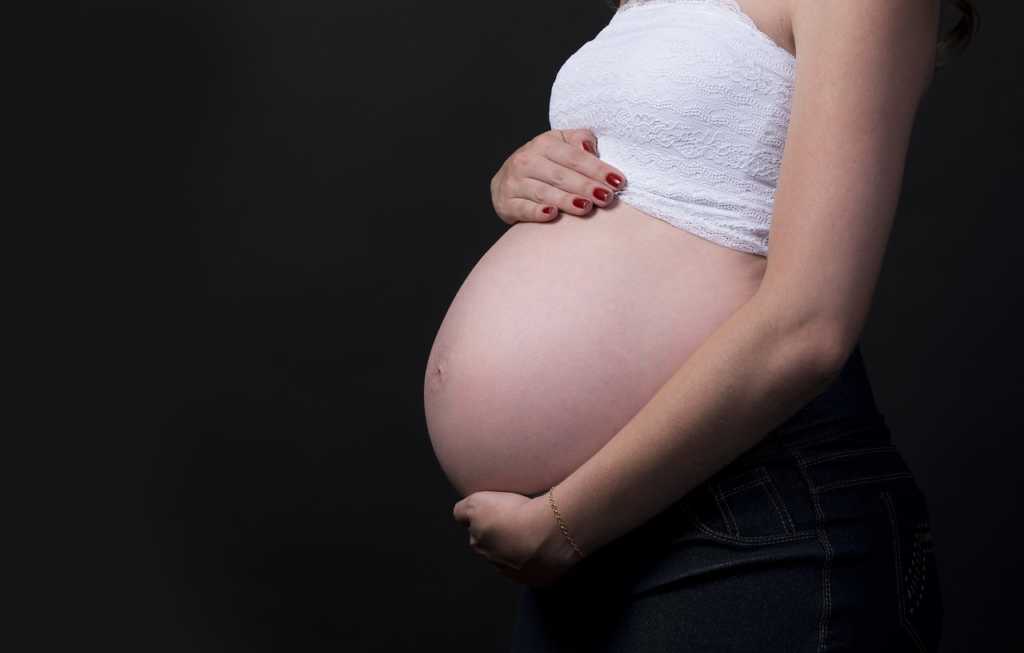The New York Times is facing scorn for running a column by guest writers who equated women who have suffered miscarriage to those who choose to abort their unborn children.
In the article — “Why Do We Talk About Miscarriage Differently From Abortion?” — writers Greer Donley and Jill Wieber Lens, both of whom are law professors, claim the “line between abortion and pregnancy loss has always been blurry.”
Listen to CBN News’ brand new morning podcast, Quick Start 👇
“But over the past few decades,” they continued, “the anti-abortion movement has forged a cultural bright line between the two experiences, promoting dueling narratives of ‘bad’ mothers who voluntarily cause fetal death versus ‘good’ mothers who grieve unpreventable pregnancy loss.”
The professors went on to assert, “Pregnancy loss and abortion have more in common than many people realize,” arguing there’s a great deal of commonality between the two because the same drugs and procedures can be used in miscarriages and abortions.
Donley and Lens are referring, at least in part, to dilation and curettage, when a doctor will “clear the uterine lining,” according to the Mayo Clinic, to “prevent infection or heavy bleeding” that can result from miscarriage. While many women who suffer miscarriages don’t need to undergo the procedure, known as “D&C,” those who lose their pregnancies after 10 weeks might need the surgery if natural methods or medicines fail to completely clear the uterus.
There is obviously a clear difference between women who miscarry but need to return their bodies to a healthy state to prevent further complications and those who choose abortion — or a D&C procedure — to intentionally end the lives of their unborn children.
There was no shortage of condemnation for The Times piece:
Yet, the authors of The Times piece failed to delineate the undeniable differences between the two. They claimed the only thing separating abortion and miscarriage is a would-be mother’s feelings about her yet-to-be-born child.
“Today, though, abortion and pregnancy loss are generally perceived as two different things — at least in part because of anti-abortion strategy,” they argued. “Decades ago, the anti-abortion movement realized that it could weaponize grief after pregnancy loss to suggest the callousness of abortion and to promote the concept of fetal personhood. As that movement moved aggressively to give fetuses rights in a variety of legal contexts as a way to undermine abortion rights — again, often capitalizing on grief after pregnancy loss — the abortion-rights movement reflexively opposed these measures.”
Toward the end of the article, Lens and Donley chided pro-abortionists for going “too far” in failing to recognize what they described as the “fetal value” felt by many women who suffer miscarriages.
“[T]he same fear led the movement to avoid the topic of pregnancy loss or to refer to a fetus or embryo as ‘a clump of cells,'” they wrote. “Any concession of fetal value could be used to chip away at abortion rights, the thinking went.”
“Though these concerns are valid, it is possible to recognize the loss in pregnancy loss without sacrificing abortion rights,” continued Lens and Donley. “It does not damage the movement to admit that some people become attached to their children in utero and that attachment has value. Even Roe v. Wade found no inconsistency between abortion rights and parents having a legal claim if, for instance, their child was stillborn because of negligent conduct.”
Even still, they refused to concede a “fetus” is a human life with innate value worth protecting.
“This conception of subjective fetal value is fundamentally inconsistent with the anti-abortion concept of fetal value, which equates a fertilized egg with a breathing baby from the moment of conception for every pregnancy,” they argued. “Fetal value erases the pregnant person’s perspective. We must offer an alternative that rests on real experiences with pregnancy.”
They concluded by urging the pro-abortion community to forge partnerships with “the pregnancy loss community” to become “formidable” politically.
***As the number of voices facing big-tech censorship continues to grow, please sign up for Faithwire’s daily newsletter and download the CBN News app, developed by our parent company, to stay up-to-date with the latest news from a distinctly Christian perspective.***



